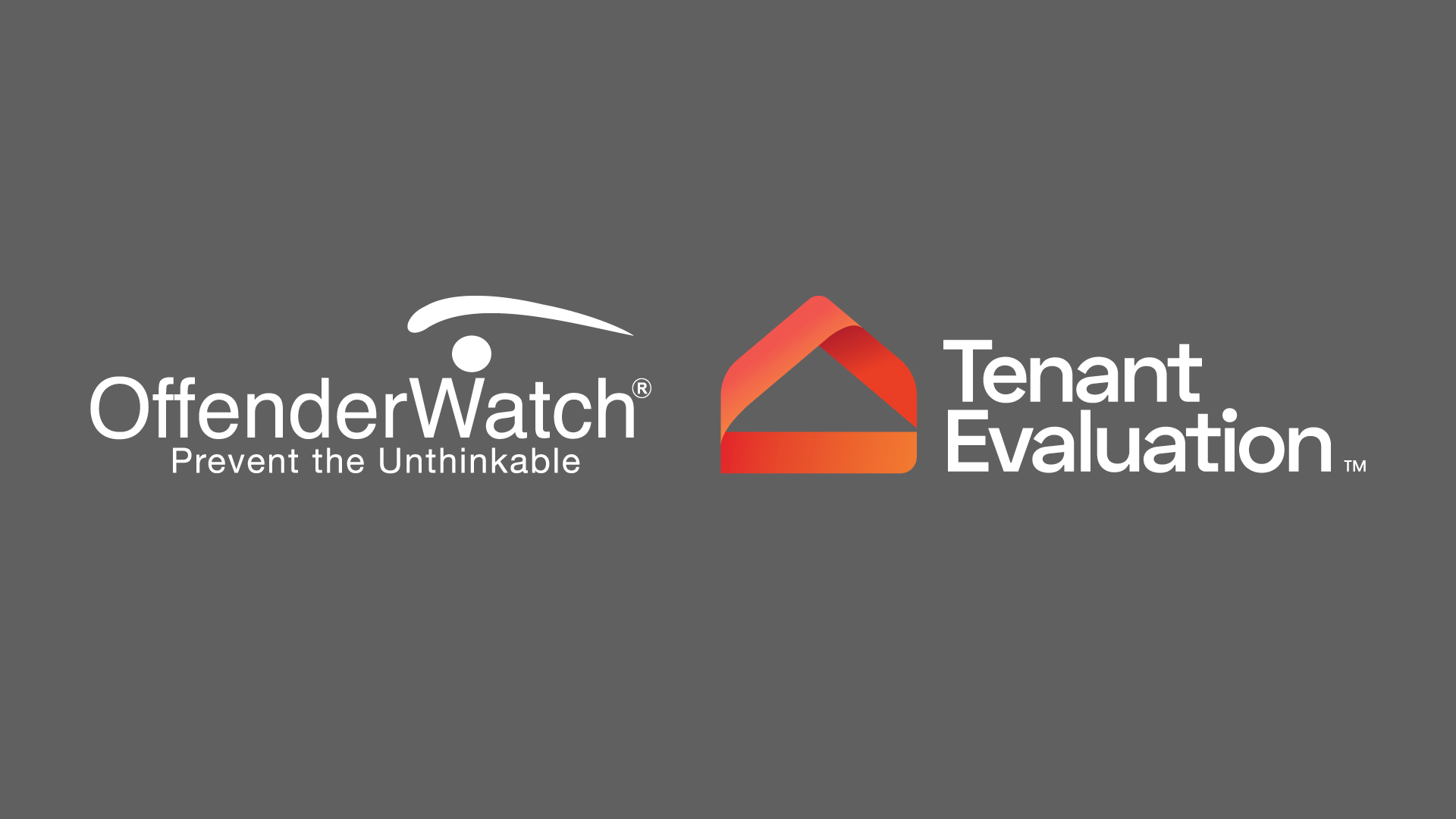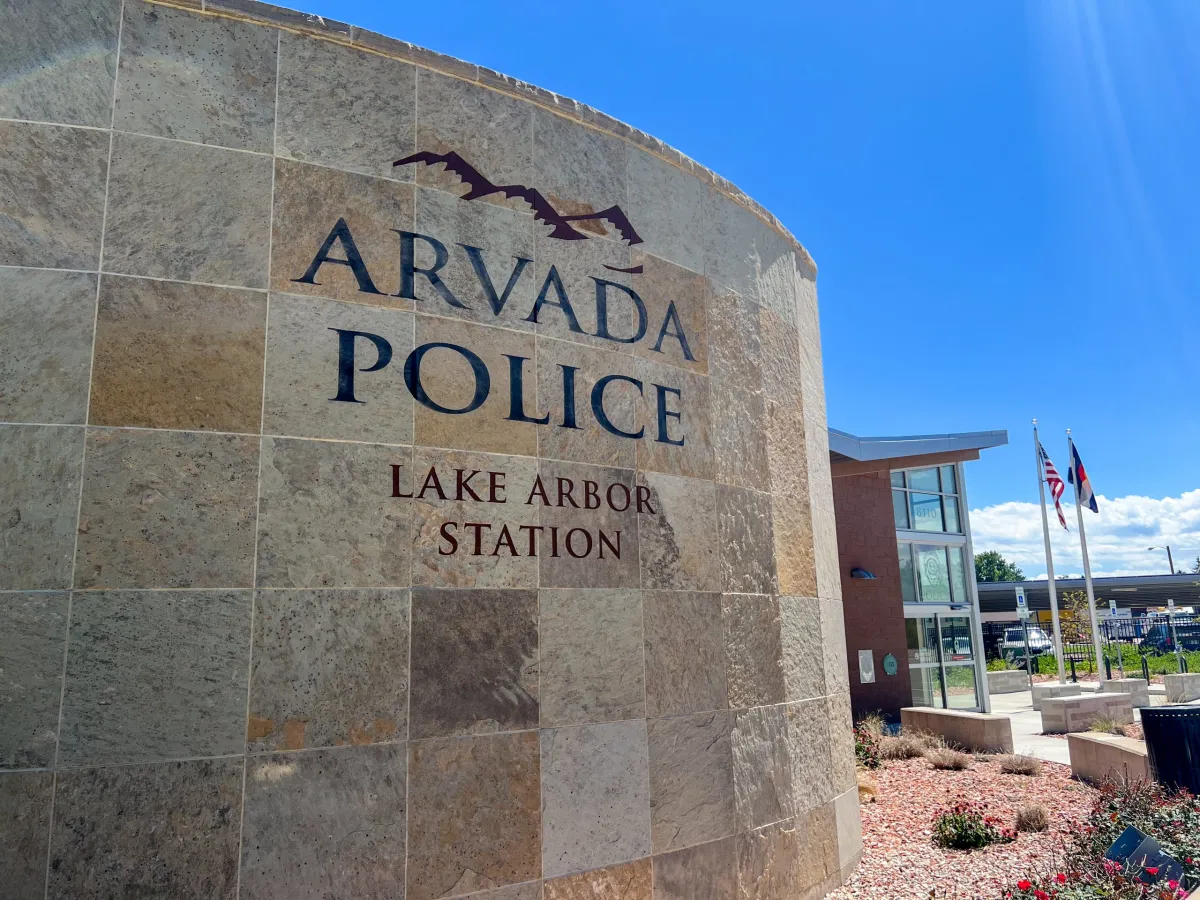Internet Safety Tips for Teens
December 27, 2019
Family Safety Tips

Internet Safety Tips for Teens
Here are some things you can do to stay safe online.
- Be smart about what you post on the Web and what you say to others. The Web is a lot more public and permanent than it seems.
- Provocative and sexy names and pictures can draw attention from people you don't want in your life.
- Sexy pictures can get you into trouble with the law. If you are underage, they may be considered child pornography, a serious crime.
- Be careful what you download or look at, even for a laugh. Some of the images on the Internet are extreme, and you can’t “unsee” something.
- Going to sex chat rooms and other sex sites may connect you with people who can harass you in ways you don't anticipate.
- Free downloads and file-sharing can put pornography on your computer that you may not want and can be hard to get rid of. Any pornography that shows children or teens under 18 is illegal child pornography and can get you in big trouble.
- Adults who talk to you about sex online are committing a crime. So are adults who meet underage teens for sex. Some teens think it might be fun, harmless or romantic, but it means serious trouble for everyone. It’s best to report it.
- Don't play along with people on the Web who are acting badly, taking risks and being weird. Even if you think it's harmless and feel like you can handle it, it only encourages them and may endanger other young people.
- Report it when other people are acting weird and inappropriately or harassing you or others. It's less trouble just to log off, but these people may be dangerous. Save the communication. Contact the site management, your service provider, the NCMEC CyberTipline 1-800-843-5678, the FBI or your local police.
- Don't let friends influence your better judgment. If you are surfing with other kids, don't let them pressure you to do things you ordinarily wouldn't.
- Be careful if you ever go to meet someone you have gotten to know through the Internet. You may think you know them well, but they may fool you. Go with a friend. Tell your parents. Meet in a public place. Make sure you have your cell phone and an exit plan.
- Don’t harass others. People may retaliate in ways you don’t expect.
- You can overestimate your ability to handle things. It may feel like you are careful, savvy, aware of dangers, and able to manage the risks you take, but there are always unknowns. Don’t risk disasters.
Learn More: Crimes Against Children Research Center
What do I do if you feel threatened or in danger online?
Report it when other people are acting weird and inappropriately or harassing you or others online. It's less trouble just to log off, but these people may be dangerous. Save the communication. Speak with your parents, teacher, or other trusted adult. Contact the site management, your service provider, the NCMEC CyberTipline 1-800-843-5678, your local police, or dial 911.
Get alerts if a registered sex offender makes contact by email or text
OffenderWatch Safe Virtual Neighborhood is the only app that can alert parents of contact from registered sex offenders.
Related Press & News


OffenderWatch Announces New Partnership
OffenderWatch and TenantEvaluation are unveiling SafeCheck+ for more precise residential safety screenings.


Strengthening SOR Management in the Caribbean
Learn more about the challenges many Caribbean nations are facing with SOR management.


Madison County Sheriff’s Office Taking Steps to Protect Community from Sex Offenders Read More: Madison County Officials Joining National Sex Offender Network
Madison County Sheriff’s Office has announced its integration into the nationwide OffenderWatch sex offender registry network


Arvada Police leads Colorado in adopting OffenderWatch for sex offender monitoring.
Arvada Police is the first in Colorado to implement the OffenderWatch tracking system and hopes others follow suit.
.svg)
.svg)
